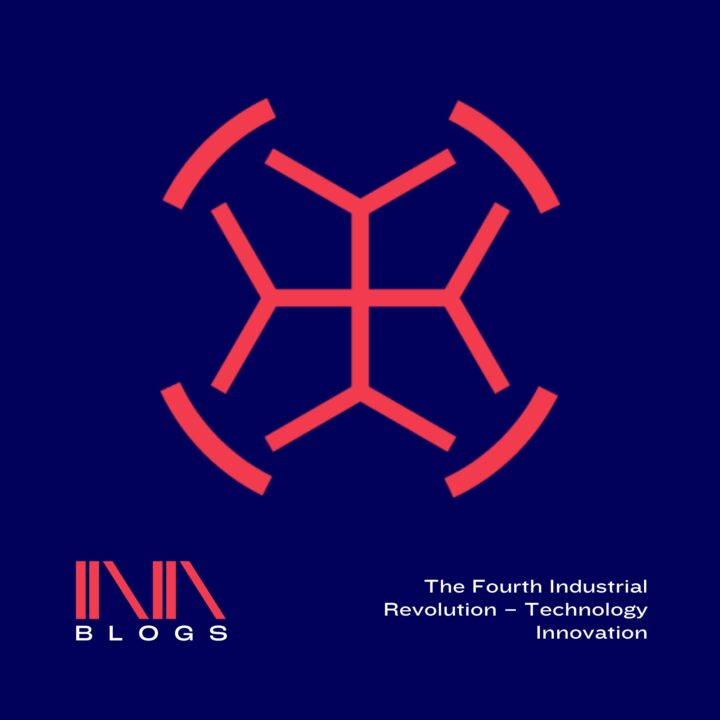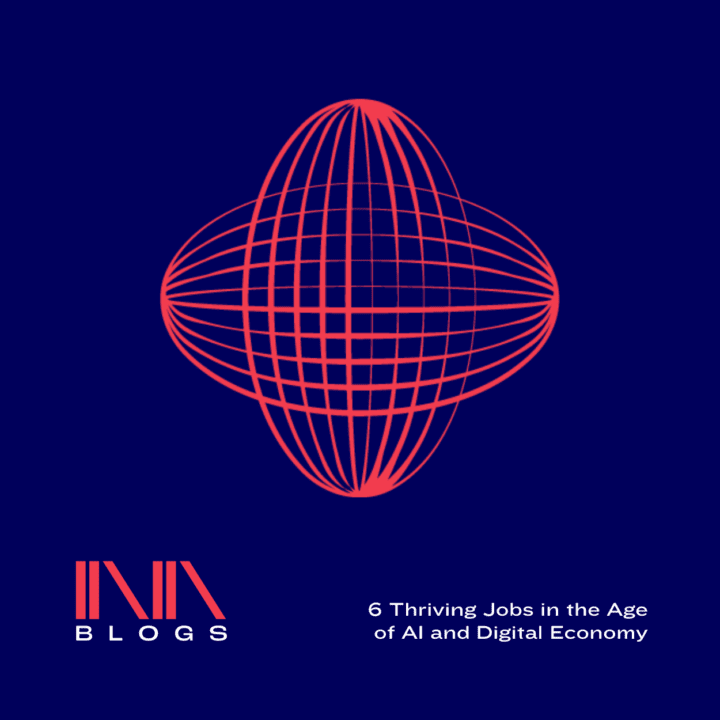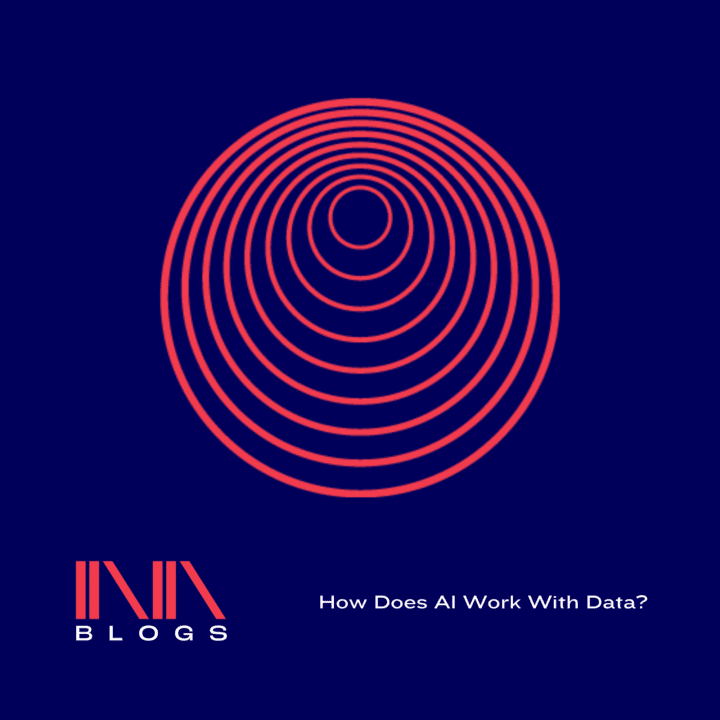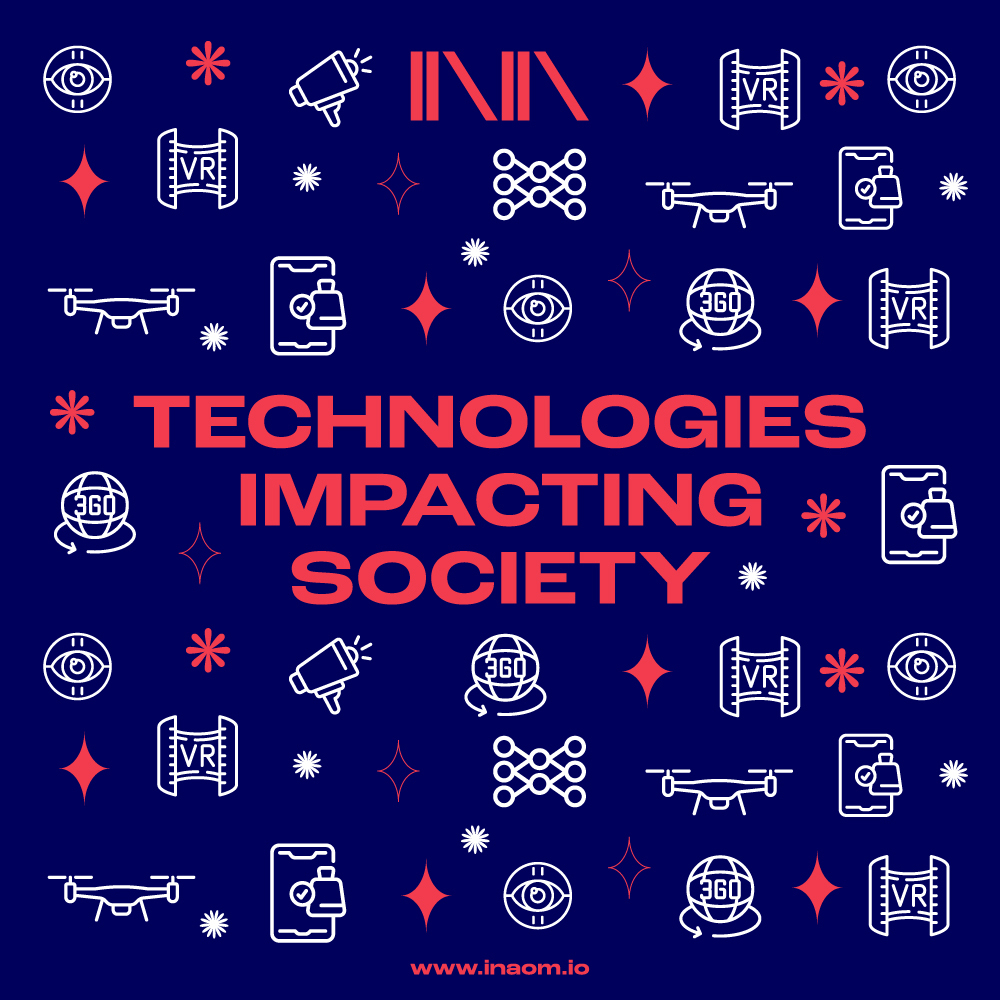
Having a trusted, verifiable identity will be essential for the new Data Economy. Let’s learn the importance of Digital ID for the new Data Economy.
As digital interaction brings information online at an unprecedented rate, data comprising our identities are being widely shared – creating both opportunities and vulnerabilities. Digital identities can provide countries with economic value equal to as much as 13% of GDP by 2030. Also they can save 110 billion hours through streamlined e-government, and save businesses up to $1.6 trillion, according to the McKinsey Global Institute. Globally there is an estimated 1 billion people who have no official proof of identity and 3.2 billion people unable to effectively use an identity on digital channels online. Collaborative and user-centric digital identity models guided by shared principles have the potential to be empowering.
The Economic Value Of Digital Identity
Businesses could benefit from improved efficiency, lowered costs and fraud reduction, and save up to $1.6 trillion thanks to digital identities. Estonia, for example, facilitates public services including healthcare, banking, and voting via a digital identity system; in 2014 alone it was used over 80 million times for authentication and 35 million times for digital transactions. It estimates that it saves people five days per year, which they would otherwise spend dealing with bureaucracy, and it reduces costs equivalent to 2% of GDP.
Meanwhile India’s “Aadhaar” digital identity system is a centralised, national means to promote social inclusion and access to government services – as of 2017, it covered 95% of the population and had saved the government an estimated $9 billion by reducing fraud, according to Deloitte and the Center for Global Development.
Identity Fraud & Cyber Resilience
The exponential amount of personal data collection and exploitation creates security challenges.
The growing use of digital identities online – in combination with the massive volume of personal data increasingly being collected by governments, businesses, and everything from wearable devices to household appliances – creates vulnerabilities. According to the Breach Level Index, an online database, more than 15 billion data records have been lost or stoled since 2013, and the 3.4 billion compromised records in the first half of 2018 alone represented a 72% increase compared with the same period a year earlier. New threats continue to emerge: according to the US Federal Reserve, the fastest-growing financial crime, “synthetic identity fraud,” involves using fake information to establish a bogus credit file and then make transactions. Several approaches have emerged to better secure identities and build resilience, including minimal data collection and disclosure, and informed consent. Bolstering digital literacy and helping people better understand the need for password-free, multi-factor authentication can also help.
Digital Inclusion & Opportunity
Bridging the digital identity divide can bolster human dignity and expand opportunity
According to the World Bank, more than 1 billion people have no legal identity. And About Half of them are residing in sub-Saharan Africa. In low-income countries, nearly 40% of the total population lacks legal identity, contrast to less than 10% in middle-income nations. Furthermore, this issue affects one in two women in low-income countries. There are several ongoing efforts to help integrate excluded populations through digital means. For instance, the World Bank’s ID4D initiative offers technical support and expertise to countries. It also aids in the establishment of inclusive digital identity systems. This assistance helps nations implement comprehensive digital identification systems. Meanwhile the UN Refugee Agency and the World Food Programme are using iris scans to register refugees and displaced people, and help provide humanitarian aid.
Conclusion
In the new Data Economy, having a trusted and verifiable digital identity is crucial. The importance of Digital ID is that it provides countries with significant economic value. It can also help save businesses up to $1.6 trillion through streamlined e-government. However, the exponential growth of personal data collection and exploitation creates security challenges, including identity fraud and cyber resilience. Collaborative and user-centric digital identity models are guided by shared principles. These can be empowering and bolster human dignity, expand opportunity, and bridge the digital identity divide, benefiting excluded populations. Ongoing efforts aim to integrate marginalized populations through digital methods, including initiatives like the World Bank’s ID4D. Additionally, iris scans are being employed to register refugees and displaced individuals as part of this digital inclusion drive.
Frequently Asked Questions (FAQs)
How does a digital ID differ from traditional identification methods?
Unlike traditional methods that rely on physical documents or passwords, digital IDs are electronic credentials that contain encrypted identity and attribute information, offering higher security and convenience.
Can digital IDs be used across different online platforms?
Yes, digital IDs are designed to be interoperable across various platforms and systems, ensuring a seamless user experience.
What is self-sovereign identity?
Self-sovereign identity is a concept where individuals have complete control over their personal information and can selectively share attributes for different transactions.
Are digital IDs susceptible to cyberattacks?
While no system is entirely immune, digital IDs utilize advanced encryption and security protocols to minimize the risk of cyberattacks.
How can blockchain enhance the security of digital IDs?
Blockchain technology’s decentralized and immutable nature makes it ideal for storing encrypted identity data, enhancing the security and tamper resistance of digital IDs.
What challenges does the adoption of digital IDs face?
Challenges include ensuring interoperability, addressing privacy concerns, and implementing robust regulatory frameworks to protect user rights.










